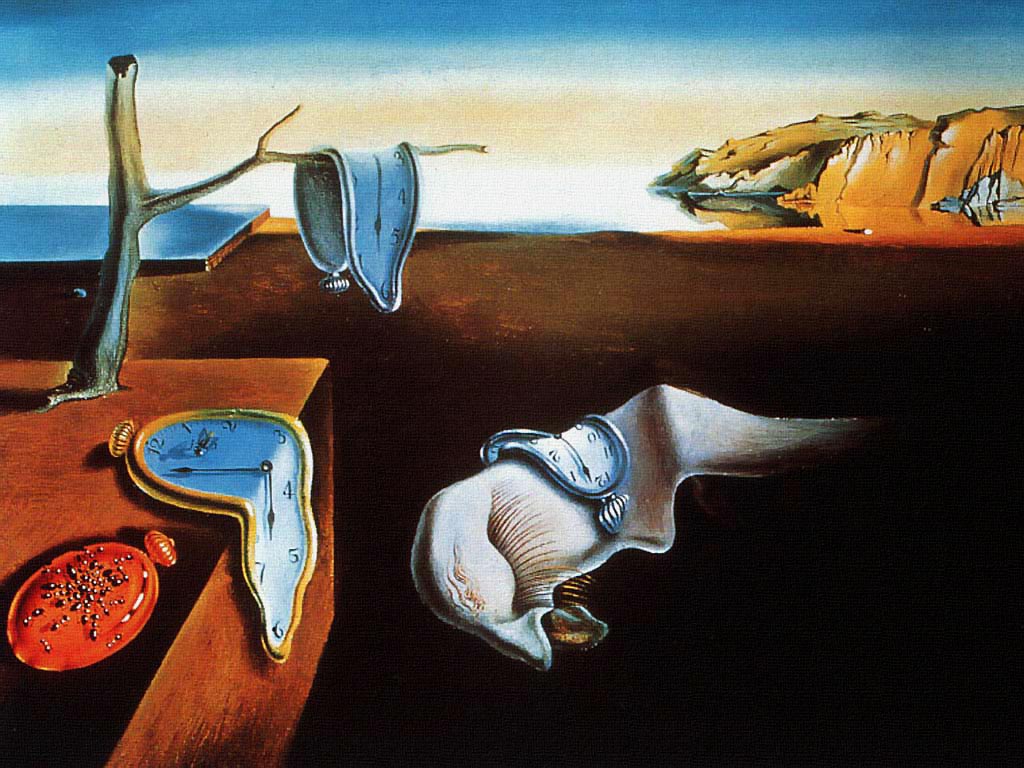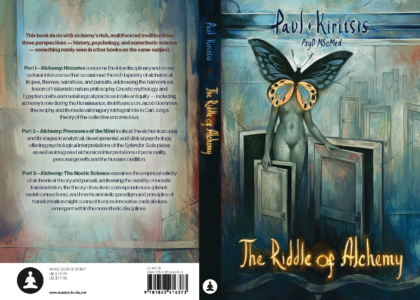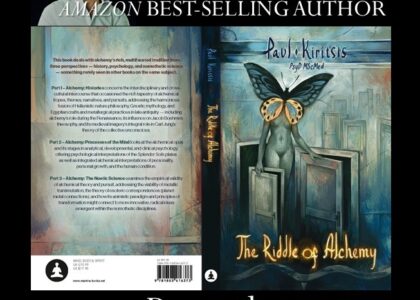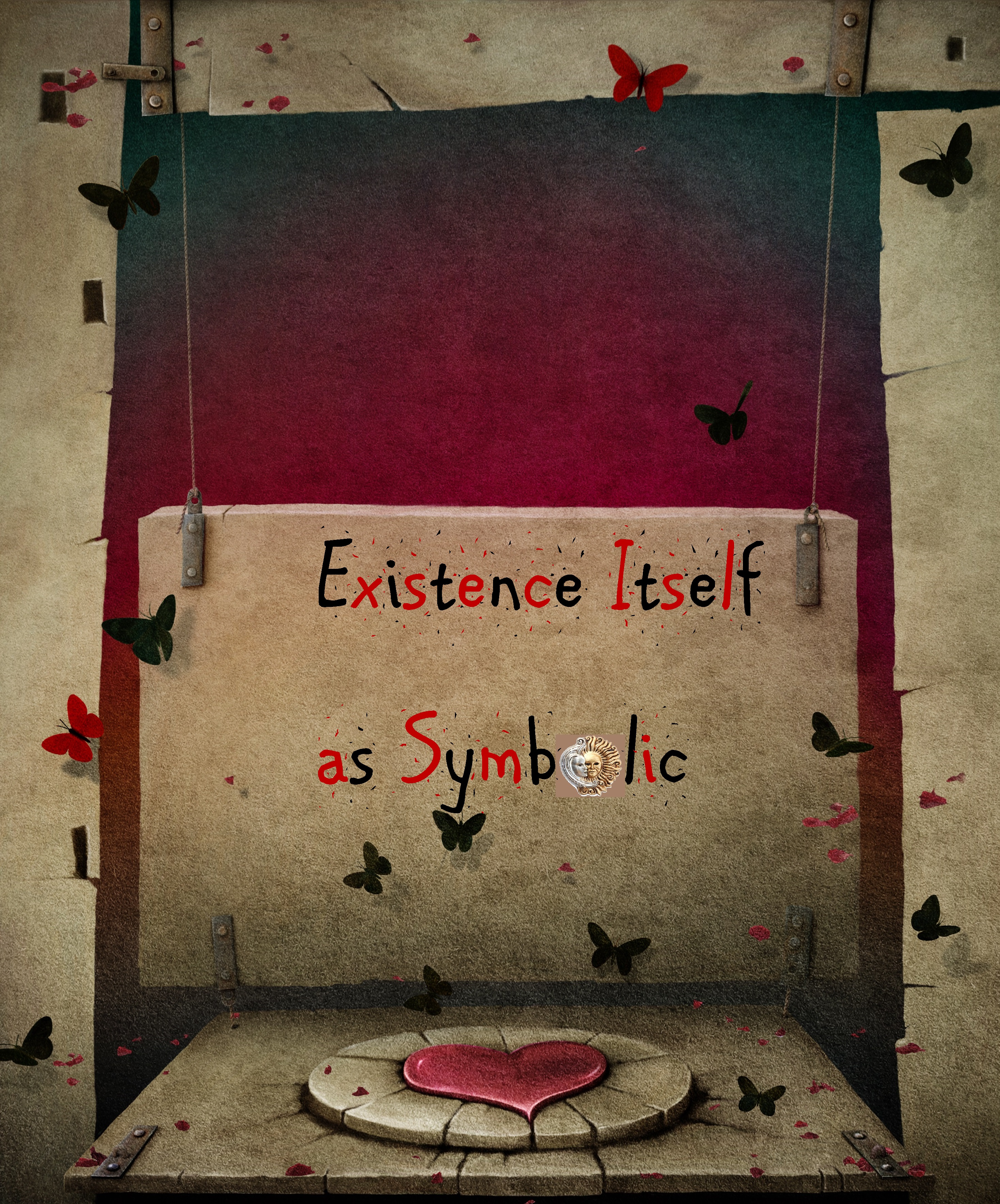
In Philadelphia in 1731, an era most important to America’s cultural and pneumatic evolution, Benjamin Franklin (1706-1790) establishes the nation’s first library. Though fully operational, the library didn’t begin loaning out books until about 1774, the time period that Thomas Paine’s Common Sense was published. This letter, written in honor of this venerable man, is a fictitious account of correspondence between himself and a close confidante of American ethnicity writing from the future; the 21st century to be exact. One of the main intentions of this anachronistic format is to illuminate how the future is indeed defined by the past in the context of the persistence of collective and cultural memory.
Salutations, Benjamin! I cannot believe my ears! It is a dream come true! I hear that the Philadelphia Library Company is now a reality. I am quite sure that in time, its growing tomes of wisdom in geography, history, philosophy, poetry, explorations and other scientific inquiries will rival the portable ones hidden inside our brains. A close confidante of yours told me that members will invest ten shillings a year for the addition of that year’s worth of free thought to the collection.
Free thought – Is that the matter that turns the world back to front, spins it on its head, turns it inside out and then inverts it again?
Freedom – Now there is a good deal and a great cause worth fighting for! I hear that you like to read. I really envy that in a man. Who needs friends for entertainment value when you have books, hey? Or should I call them shrines full of free thought?
Have you ever looked at a shrine full of free thought properly? It is a bit more than bits of a tree sewn together. There is nothing eerier than violating a writer’s mind so readily and intruding on the chamber orchestras that have played, and in some cases keep playing, many tunes inside their heads . Some of these heads have been dead for a thousand or so years. It is a bit like spying on your nude neighbors (or dead neighbors) with a telescope. Books are like bridges, connecting the land of the living with the land of the dead. They magically render the fetters of time defunct. I guess the people who write them are in many ways akin to magicians.
Some think I am insane when I tell them that there are chamber orchestras playing inside our heads. I guess we can never intimately know the instruments inside that result in logical analysis; we only hear the compositions and on occasion, sing and dance to them.
Your orchestras, my dear friend, are very learned, philosophical and diplomatic; esoteric even. You know even Pythagoras, the first of the philosophers, would be proud. Let us hope that our people listen to them.
Did the Junto eventually decide on a motto for the library? Was it not going to be something like, ‘To support the common good is divine?’ Sounds like some solid free thought to me!
I was in fits of laughter when I heard that the first book to be borrowed was Thomas Paine’s Common Sense. How ironic, hey? That is one that should go out to everyone at some stage or another. You would be surprised how scarce reason is these days and at times, entirely absent from the shelves of portable brain warehouses.
Did you know that Plato assumed all learning to be but a process of remembering what had been forgotten, and that everything that has ever been experienced as thought in history is locked in the memory of a greater cosmic mind? From that perspective, there is much to be desired in recollecting ancient secrets, right? In my eyes, the colonization of the New World is a fantastic place to start remembering and relearning them; far from the vestiges of European backwardness and bigotry. Philadelphia obviously has international flair potential. I hear that there are already Roman coins, Eskimo parkas and tools, and even a mummified Egyptian princess in your elegant library. I suppose the word multicultural will soon be redefined by the West in the coming Ages. What is happening now is indeed a faint echo of the distant past in the founding of Alexandria as the cosmopolitan heart centre of the ancient world and its own great library, both consecrated to the wisdom and greater love of learning.
In actuality, it has been over twenty centuries since the great library of Alexandria was built to house one million papyrus scrolls and more than about seventeen since thoughts full of ignorance and prejudice burnt the old world’s communal memories to the ground. This time around, let us ensure we build these libraries right! So before you and your great Ennead put your names to Divine Providence for the sake of America, take the timely thought to ensure its skeletal framework is made of the Sol metal so that it will neither rust nor perish. I must admit that it is a very tough job – evolution has had a few billions of years of practice to perfect intelligence and life everlasting and still cannot get the damn things right!
What hope can there be for us humans then, since we are new to the whole creation and perfection thing?
Actually, there is plenty hope.
You do remember that thoughts and free will extricate us from the shackles of inherited behavior patterns. They liberate us from the labyrinth of territoriality, aggression, and tribal hierarchies. We, dear Benjamin, are the inheritors of a unique legacy. We are able to select the information that gets put into our brains. We are able to select what we would like to learn about, what we enshrine on eternal pedestals and what we end up caring for. It is this aptitude for thought and consequently freedom of choice that establishes a collective consciousness descrying higher morality against which we, as people of a civilized culture, are all judged by upon death.
Never forget these words, Benjamin. They may come of use someday. Once upon a time, other lands cultivated very powerful democratic nations. We can re-member that glorious, democratic past.
We can change.
We can persist.
We can…









